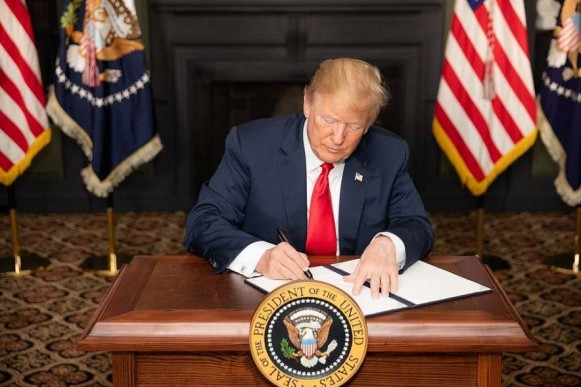
With Marlowe, Cardano Makes Its Bid to Replace Ethereum for Smart Contracts
Aug 23, 2018, 8:28AMCardano is developing Marlowe to execute financial smart contracts on its network, especially contracts related to escrow and settlement.
Already the 9th largest cryptocurrency by market cap, the team behind Cardano (ADA) has ambitions to eventually unseat Ethereum (ETH) as the premiere platform for smart contract development and virtual computing. Cardano's developers have highlighted the use cases for Marlowe, a domain-specific language (DSL) designed to execute financial smart contracts on the blockchain. When fully implemented, Marlowe could give the Cardano network a competitive advantage over its rivals.
What Is the Cardano Protocol?
Cardano is a blockchain protocol that has been dubbed the "Japanese Ethereum" because of its ambition to unseat Ethereum as the premier platform for smart contract development and virtual computing. Cardano hopes to create the most academically sound blockchain network in the industry, and the implementation of a domain-specific language like Marlowe could help them reach this goal.
Cardano is developing Marlowe to execute financial smart contracts on its network, especially contracts related to escrow and settlement. However, Marlowe has its challenges. Developers may require advanced knowledge of how contracts will behave once they are launched on the blockchain in order to use Marlowe properly.
IOHK, a development team working with Cardano, states the following,
For Marlowe to be usable in practice, users need to be able to understand how contracts will behave once deployed to the blockchain, but without doing the deployment. We can do that by simulating their behavior on the chain, interactively stepping through the evaluation of a contract in a browser.
Cardano's Development Progress
This comes just weeks after Cardano launched a new test net for its IELE virtual machine. IELE is designed to execute smart contracts on the Cardano blockchain, and it will be able to work with contracts written in Solidity, Ethereum's native language. This follows the KEVM test net which launched earlier this year.
Disclaimer: information contained herein is provided without considering your personal circumstances, therefore should not be construed as financial advice, investment recommendation or an offer of, or solicitation for, any transactions in cryptocurrencies.

















